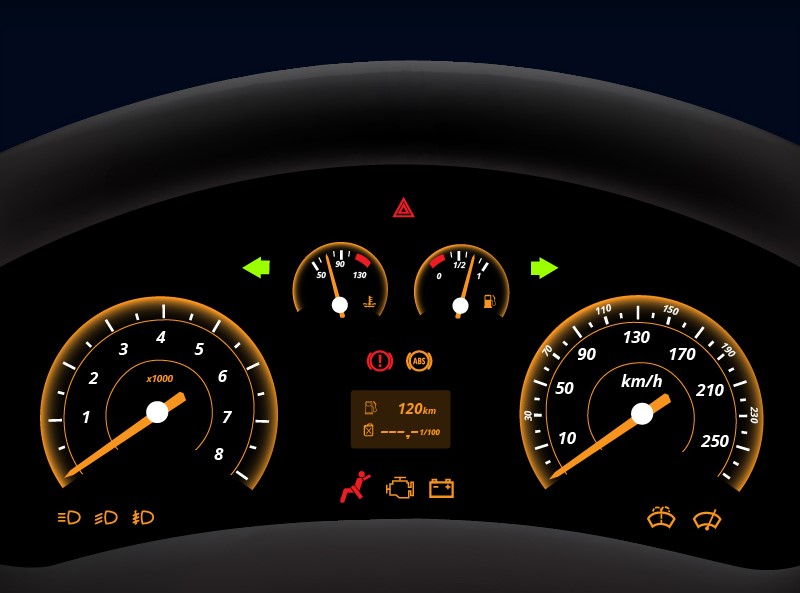When towing a trailer, ensuring the safety and control of the entire rig is of utmost importance. To enhance the braking performance and provide an additional layer of safety, trailers are equipped with trailer brake systems. These systems rely on trailer brake warning lights to indicate any issues or malfunctions that may compromise the functionality of the brakes. In this article, we will explore the importance of trailer brake warning lights and discuss how to ensure their proper functionality.
Importance of Trailer Brake Warning Lights:
- Early Detection of Brake System Issues: The trailer brake warning lights act as an early warning system, alerting drivers to potential problems within the trailer’s braking system. This allows drivers to identify and address any issues before they escalate, ensuring that the brakes are in optimal working condition. Prompt detection of brake system problems helps prevent accidents and ensures the safety of both the towing vehicle and the trailer.
- Safety during Towing: Towing a trailer adds extra weight and changes the dynamics of the vehicle. The trailer brake system helps distribute braking force between the towing vehicle and the trailer, reducing the strain on the towing vehicle’s brakes and improving overall braking performance. The warning lights ensure that the trailer brakes are engaged and functioning properly, providing an added layer of safety and control while towing.
Ensuring Proper Functionality of Trailer Brake Warning Lights:
- Regular Inspection: Perform regular inspections of the trailer brake system, including the wiring, connectors, and lights. Check for any loose connections, frayed wires, or damaged components that may affect the functionality of the warning lights. Address any issues promptly and repair or replace damaged parts as necessary.
- Proper Grounding: Ensure that the trailer’s electrical system is properly grounded. A poor or inadequate ground connection can result in intermittent or non-functional warning lights. Clean any corrosion or dirt buildup on the ground connection points and ensure a secure connection between the trailer frame and the ground wire.
- Test the Brake Controller: The brake controller is a crucial component of the trailer brake system. It sends signals to activate the trailer brakes when the towing vehicle’s brakes are applied. Regularly test the brake controller to ensure it is functioning correctly. Follow the manufacturer’s instructions to perform a calibration and adjustment if necessary.
- Check Brake Fluid Levels: Some trailer brake systems use hydraulic fluid to operate the brakes. Ensure that the brake fluid levels in the trailer’s hydraulic brake system are within the recommended range. Low brake fluid levels can affect the braking performance and trigger the warning lights. If the brake fluid is low, refill it to the appropriate level and inspect for any leaks.
- Professional Maintenance: For more complex trailer brake systems or if you are unsure about the functionality of the warning lights, it is advisable to seek professional maintenance. A qualified technician with experience in trailer brake systems can perform a thorough inspection, diagnose any issues, and make the necessary repairs or adjustments to ensure proper functionality.
Trailer brake warning lights play a vital role in ensuring the safety and control of a towing vehicle and its attached trailer. By providing early warnings of potential brake system issues, these lights help drivers identify and address problems before they become more significant. Regular inspection, proper grounding, testing of the brake controller, monitoring brake fluid levels, and seeking professional maintenance when needed are all essential steps to ensure the proper functionality of trailer brake warning lights. By maintaining a well-functioning trailer brake system, drivers can have peace of mind and enjoy safer towing experiences.











